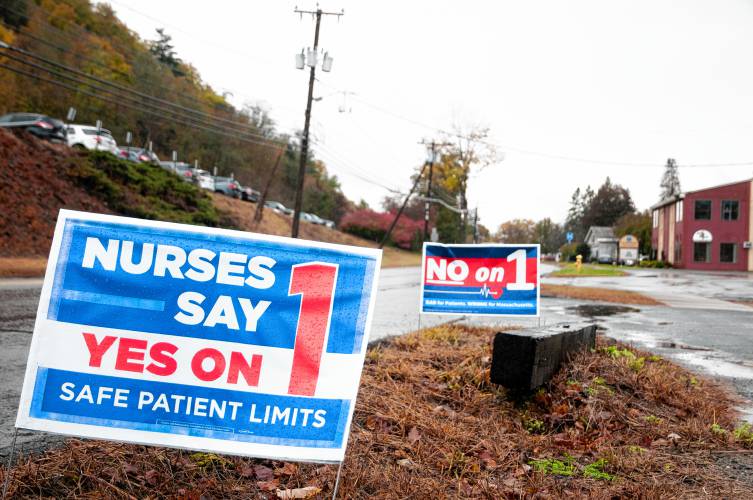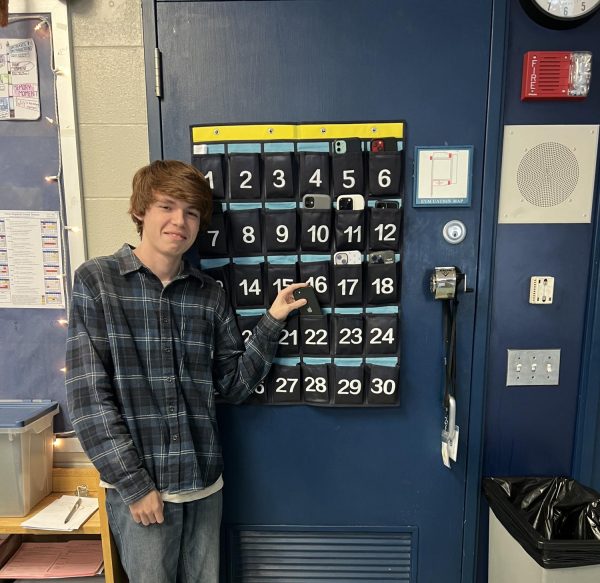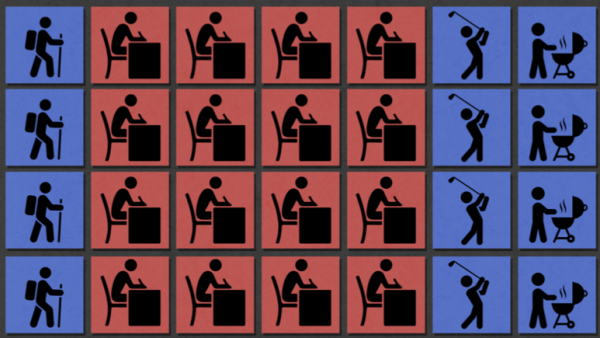Are Nurses Being Overworked?
Insight on what nurses in Massachusetts think about question 2
Signs were put on the sides of many roads in Massachusetts to convince people to vote.
November 9, 2018
Nurses around Massachusetts voted on November 6th on Question 1, a measure that failed to garner enough votes to become law, but would have limited the number of patients each nurse could care for at one time.
Question 1 would have determined the nurse to patient ratio in hospitals all over Massachusetts. Nurses who wanted fewer patients and wanted a better work day, voted yes. Nurses who did not want a nurse to patient ratio will vote no.
Patty Laenen, A Massachusetts General Hospital nurse, helped us better understand the situation. “Determining the nurse to patient ratio is a very complicated process. They have to take into consideration how sick the patient is, how experienced the nurse is, and the equity of the floor” said
Many nurses see the number of patients they have as a burden and feel like there will be a positive outcome Question 1 passes.
Cheryl Igo, a nurse at Massachusetts General Hospital, shared her input on the situation and will be voting yes. “If you have too many patients, how could you provide good care and keep them safe” said Igo.
Other nurses don’t feel that they have too many patients to take care of and will be voting No on Question 1.
Laenen shared that she will also be voting no. “In this hospital, the nurses are overall treated very well. They’re well respected. Yes at sometimes you feel stressed because of how sick your patients are, but I’ve never felt like I have been overworked due to the amount of patients i’ve had to take care of.”
Lily Talbot, a student at Whittier Technical High School, is in the Allied Health program at the high school and plans to pursue a career in nursing. Talbot shared with us what she would vote if she could and what she hopes the outcome will be for her future career. “I would vote no because smaller hospitals will not be able to afford the staff, therefore they will be forced to close. Sick patients will be denied care and will have to seek it elsewhere. A nurses ability to make a clinical judgement is taken away. Hospitals that fail to follow the nurse to patient ratio law could be charged up to $25,000, every day they fail to obey this law” said Talbot.
Brigham and Women’s nurse Patty McMullen seems to think similarly to Talbot. “More costs would be added to the healthcare system and smaller hospitals could have severe financial challenges. More nurses would have to be hired and many of them would be very inexperienced,” said McMullen
Danielle Kingsbury a nurse at the Governors Academy will be voting no. “I think that mandatory patient limits may sound like a good idea on the surface but there so many reasons that I disagree. This law doesn’t consider the hospitals of different sizes with different numbers of beds. Mandatory limits would likely lead to patients having to wait longer for short term treatments or visitors. It could also result in patients having to be transferred to bigger facilities that will have to then increase their staffing needs which leads to higher staffing costs. scheduling for nurses would also end up being an issue because staff needs would be dependent on patient census which can literally change by the minute” said Kingsbury.










